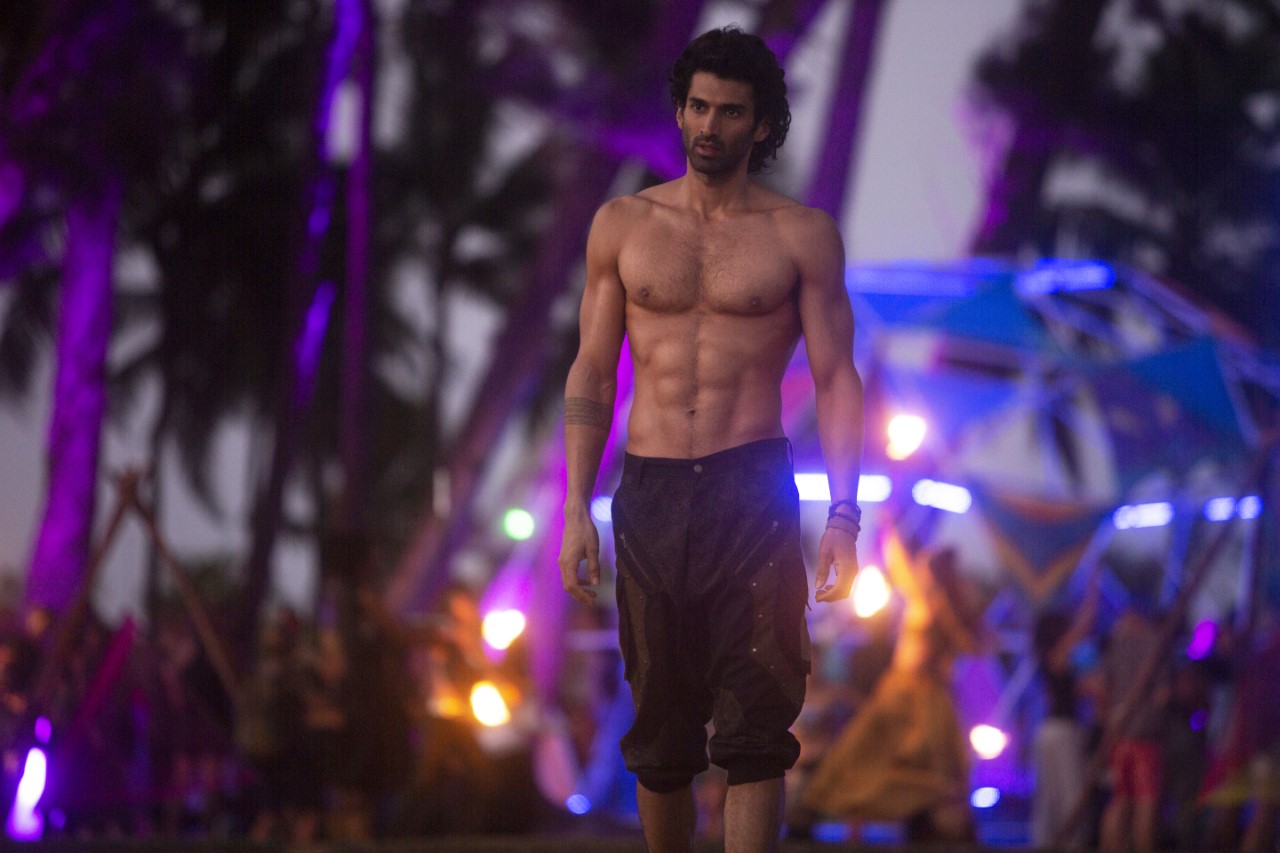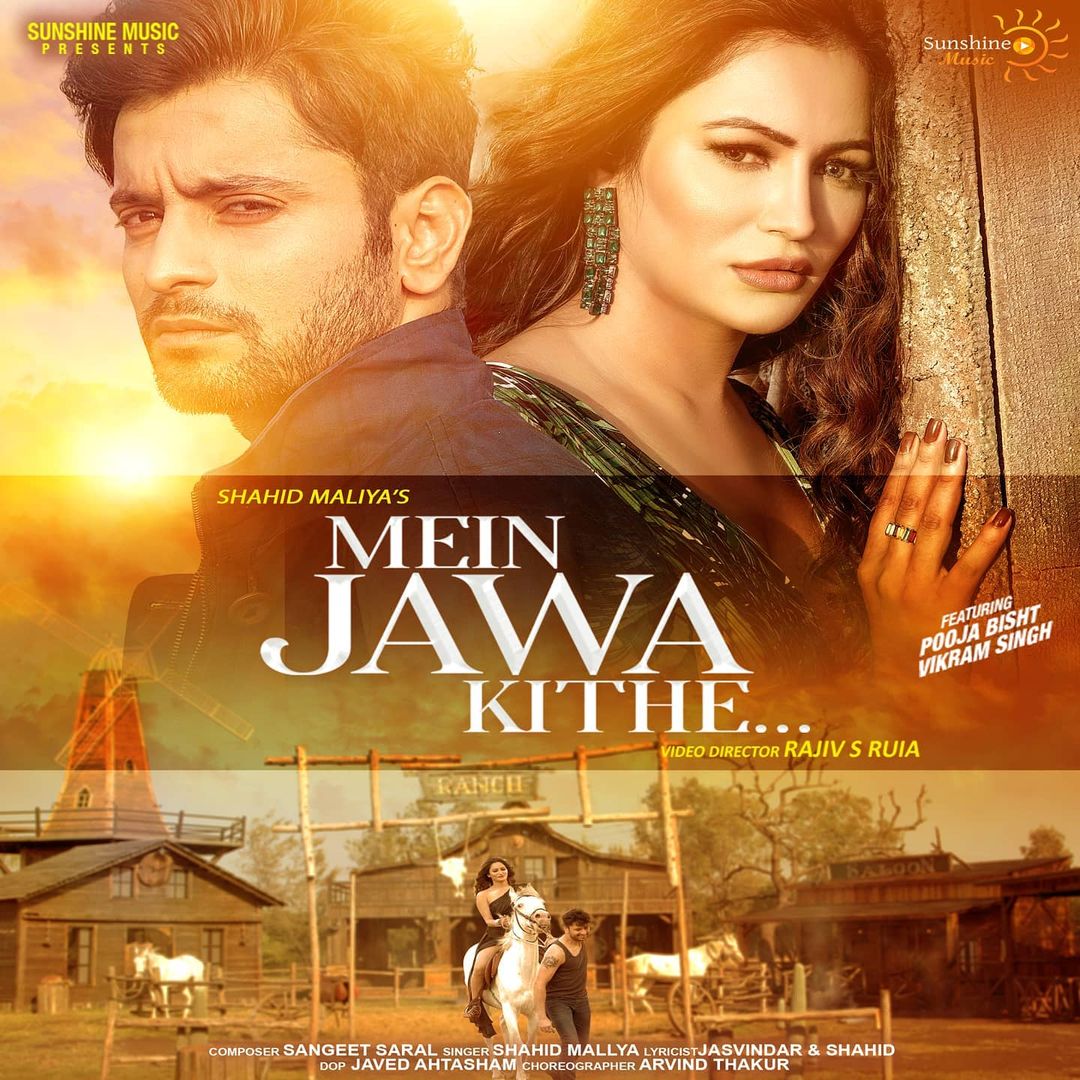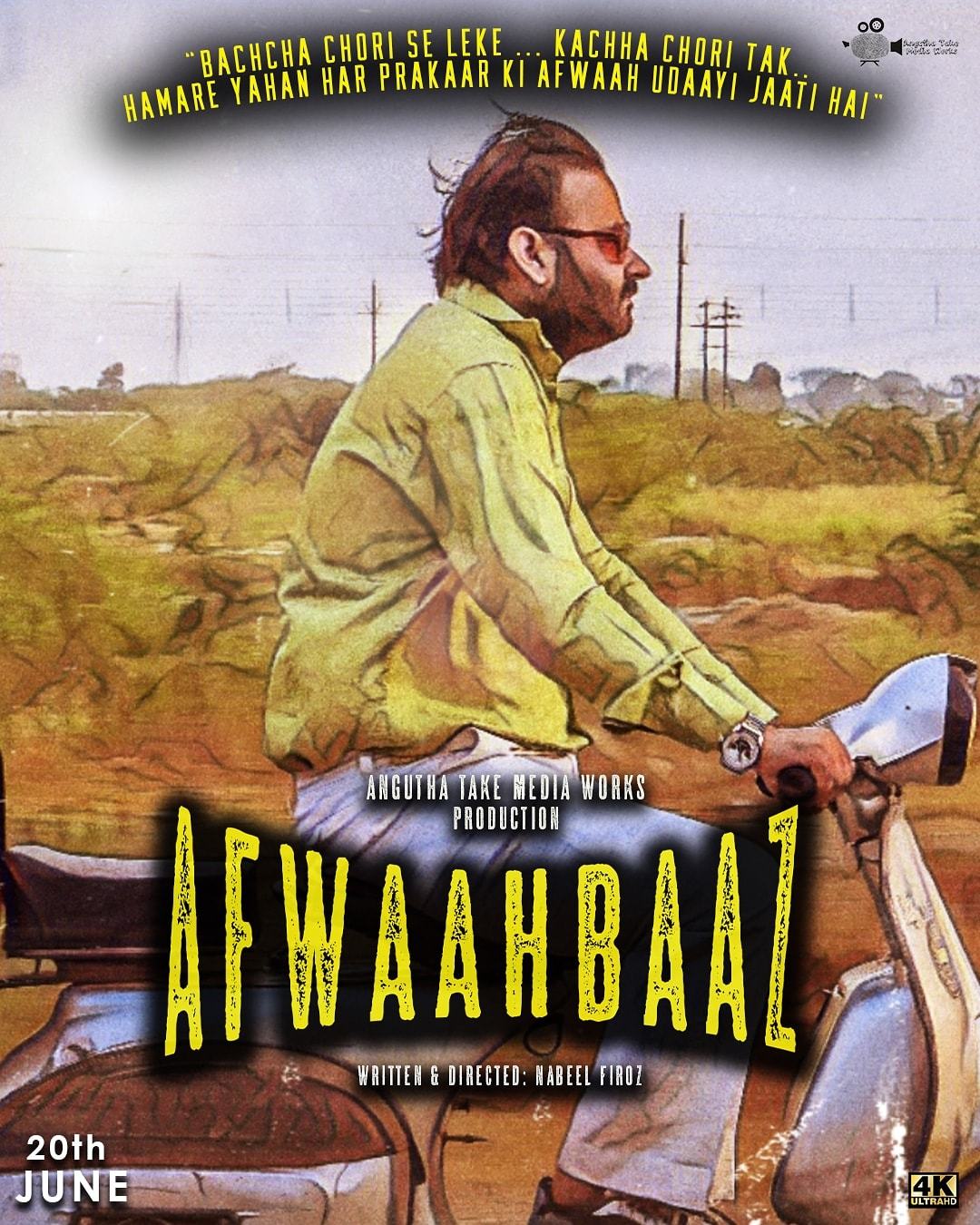Walk Ride Rodeo Is A Motivational Tearjerker That Just Couldn’t Go Wrong
Walk Ride Rodeo(Neflix)
Starring Spencer Locke,Missi Pyle
Directed by Conor Allyn
Rating: ***(3 stars)
This true-life story of rodeo rider Amberley Snyder’s smashed spine and shattered dreams after after a near-fatal car crash reminded me of a mawkish 1975 tearjerker named The Other Side Of The Mountain which was about ski-racing champ Jill Kinmont who was left paralyzed after a gruesome skiing accident.
Some such tragedy befell Amberley Snyder. This is the story of how Amberley(played by Spencer Locke) rebuilt her life from her wheelchair with considerable help from her ever-supportive mother Tina(Missi Pyle).
Though the overall presentation plays it strictly by the rulebook prescribed for all such crash-to-climb weepies, there are episodes here that rise above the given scenario. Amberley’s crash and the ensuing horror and rescue are recorded in excruciating detail. It shook me to realize again how one split second can alter our lives irrevocably.
Not that we need one more film about a paralyzed victim soaring to heroic heights, to realize how precious every moment is. Nonetheless this film has its heart and tropes in the correct place,leaving us with no scope to be skeptical.
While the central emotion of gathering one’s life after a life-changing fall is indisputably genuine, sadly the central performances are barely convincing.The two actresses in the lead make all the right noises and moves but remain largely restricted to the functional zone. There is so much that more competent actors could have given to this emotional drama.
Amberley’s journey from ‘frozen’ to ‘soaring’ doesn’t quite take wings as strongly as it ought to have.There are several passages that needed fleshing out, for instance her relationship with her therapist after her accident. The sudden appearance of a prince charming to sweep her off her wheelchair-bound feet also seemed incongruous. But all in all, this is a film about the assertion of the life-force that must be seen for what it says rather than how it chooses to say it.























